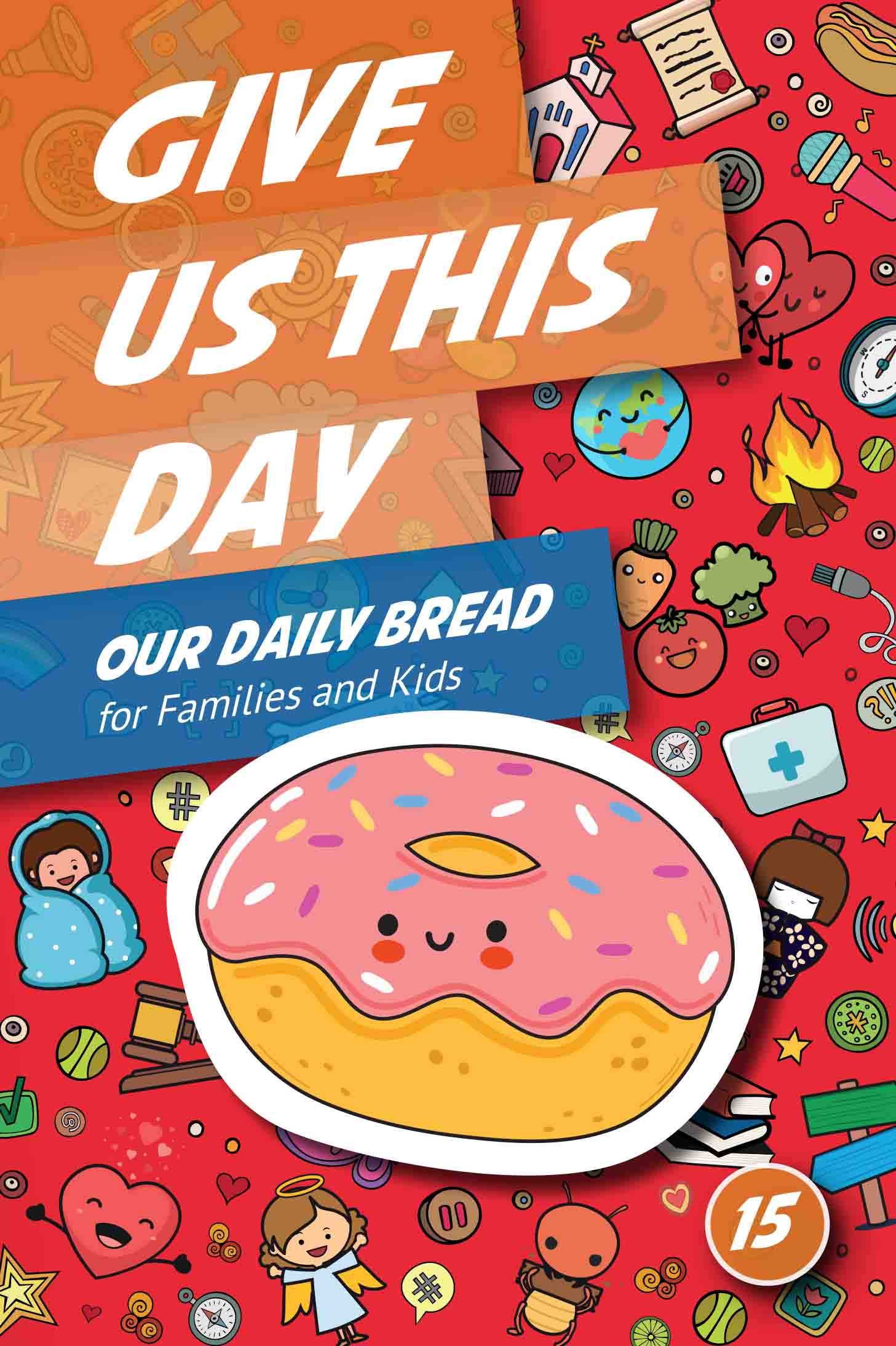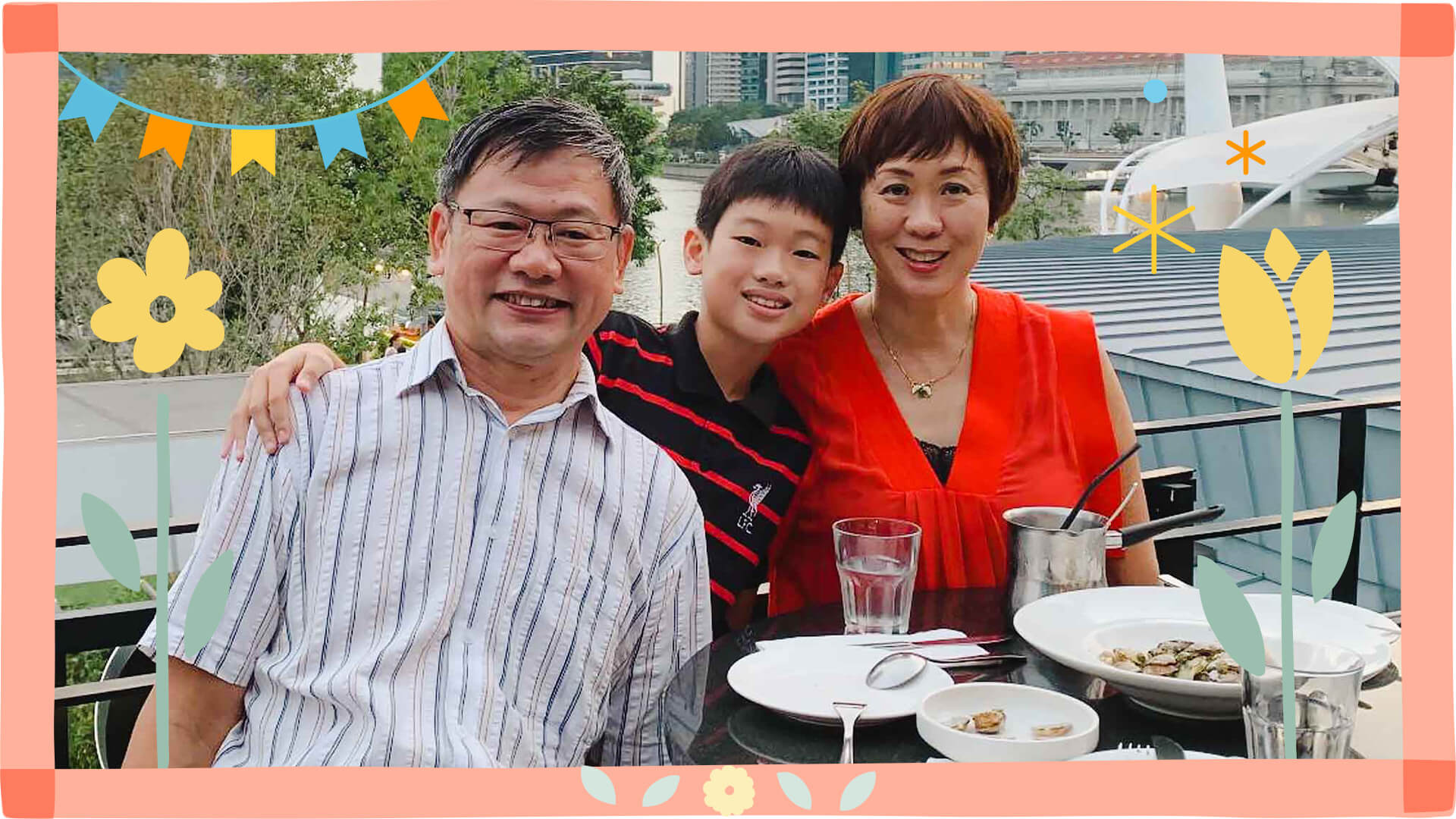
I started losing my voice immediately after my wedding in October 1998. First, my voice sounded muffled, as if I had a bad flu. Then it appeared like a sore throat, or worse, laryngitis. My voice deteriorated to a stage where I seemed breathless and asthmatic. At my lowest point, people could hear only three out of every ten words I spoke.
I was diagnosed with abductor spasmodic dysphonia, the rarer form of a rare voice disorder. For unknown reasons, my brain was misfiring signals to my voice muscles. Each time I tried to speak, my voice muscles pulled apart instead of coming together rhythmically. As a result, I could not enunciate; air came out instead of words, making me sound breathy.
Slowly, I went from asking, “Why did this happen to me?” to asking God, “What now?” and “Tell me more”.
I tried all kinds of treatment, from Chinese medicine to European electromagnetic therapy, from acupuncture to speech therapy. Nothing worked. Botox injections paralysed my voice muscles temporarily, giving me some respite but with erratic results. It took a toll on me emotionally and I became a shadow of myself.
My husband Ben and I started attending healing services at different churches which friends invited us to. There was no miracle healing for me. But slowly, I went from asking, “Why did this happen to me?” to asking God, “What now?” and “Tell me more”.
Discovering My Inner Childlike Voice
Gradually, I opened my heart and mind to God’s Word. And what it impressed on my heart was that I had to let go. I had to let go of my job, which I had clung to like a life buoy for eight years since my voice was afflicted. So, in 2005, I quit my job with fear and trepidation. Would I lose my identity and sink into oblivion? Only God knew.
A year later, I took a step of faith and was baptised. I also began attending my church’s discipleship Bible study course. There, Jesus’ words in John 10:10 jumped out at me: “The thief comes only to steal and kill and destroy; I have come that they may have life, and have it to the full.”
This life-giving verse opened my eyes: While my voice may have been stolen, Jesus came so that I could live life to the fullest through faith in Him. For the first time since the voice disorder robbed me of a vision of my future, I looked at life with new possibilities in sight.
In 2007, I wrote an 800-word tale about a mute teddy bear, summing up what I had trouble articulating in my decade-long journey with the disorder. Like Pauper Bear who did not have a mouth, I had felt forgotten and voiceless. But Pauper Bear was repaired by a boy who stitched him a mouth and restored him, reflecting my own experience of God’s love and restoration.
While my voice may have been stolen, Jesus came so that I could live life to the fullest through faith in Him.
Like my character, I came to realise that I am loved, and I experienced my heavenly Father’s pleasure as I gave life to my little picture book for children.
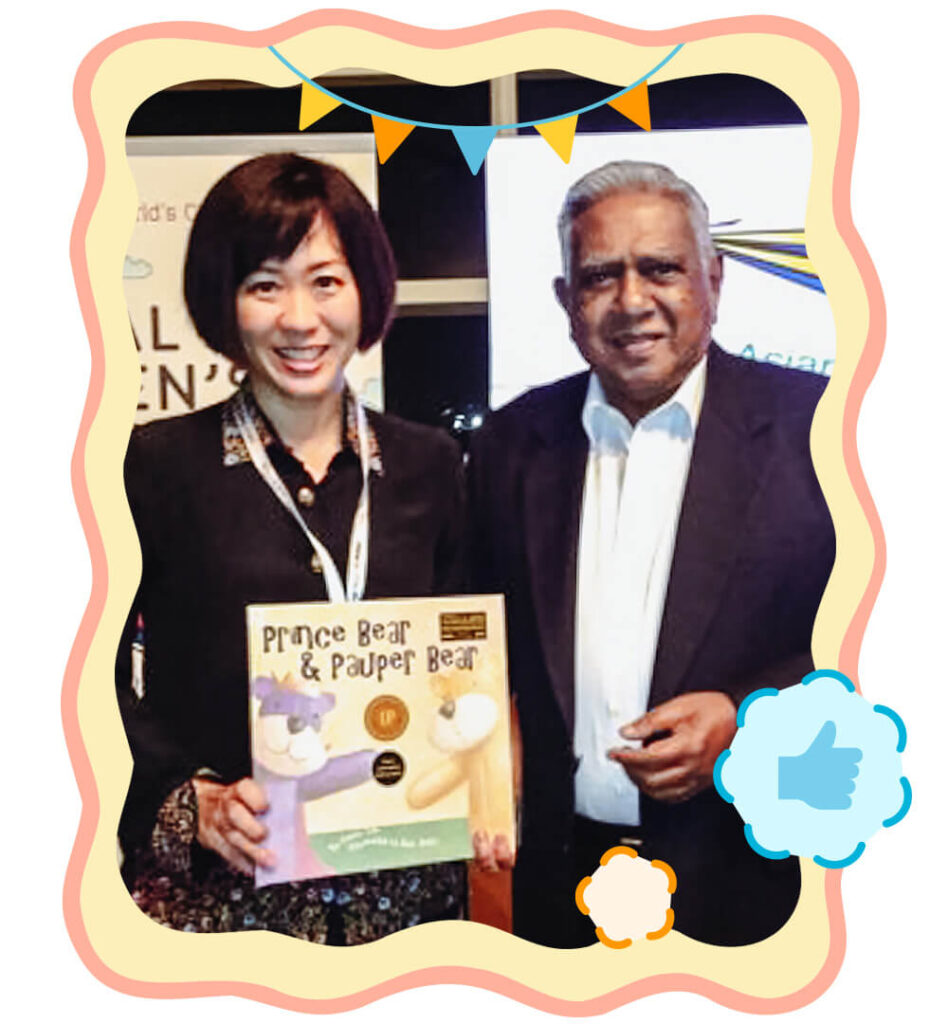
Prince Bear & Pauper Bear, which later won an award, not only marked my debut as an author, but also uncovered a childlike voice within me. As I stumbled along on my self-publishing journey, I committed every small step to God in prayer and learned to follow His leading with a new childlike faith. As I gained confidence in my identity as a child of God, I started speaking publicly about how I found my voice and belonging in Him.
I continued to write children’s books inspired by the season of life I was going through. In my fourth book Bunny Finds the Right Stuff, a floppy bunny thinks he is missing out as his friends have more “stuff”, or possessions. I too wondered if I had missed out on life, having struggled with a voice affliction for a decade. But just as Bunny realised that his floppiness wasn’t from lack but from countless hugs, I too saw that my need for completeness could only be met by knowing God, my Maker—and that was “the right stuff”.
Speaking My Child’s Love Languages
As I shared about my books and writing journey, I came to realise that these are core issues that children grapple with—the search for identity, the need to fit in, and the desire to be loved and accepted.
From the time he was born, I made it a point to tell Caleb daily that he is loved.
So when I became a parent, I wanted my son to be anchored in his identity as a child of God. I had to model that in my parenting journey from the start, as Proverbs 22:6 instructs: “Start children off on the way they should go, and even when they are old they will not turn from it.”
From the time he was born, I made it a point to tell Caleb daily that he is loved. I wanted to extend to him the same unconditional love and grace that my heavenly Father extends to me.
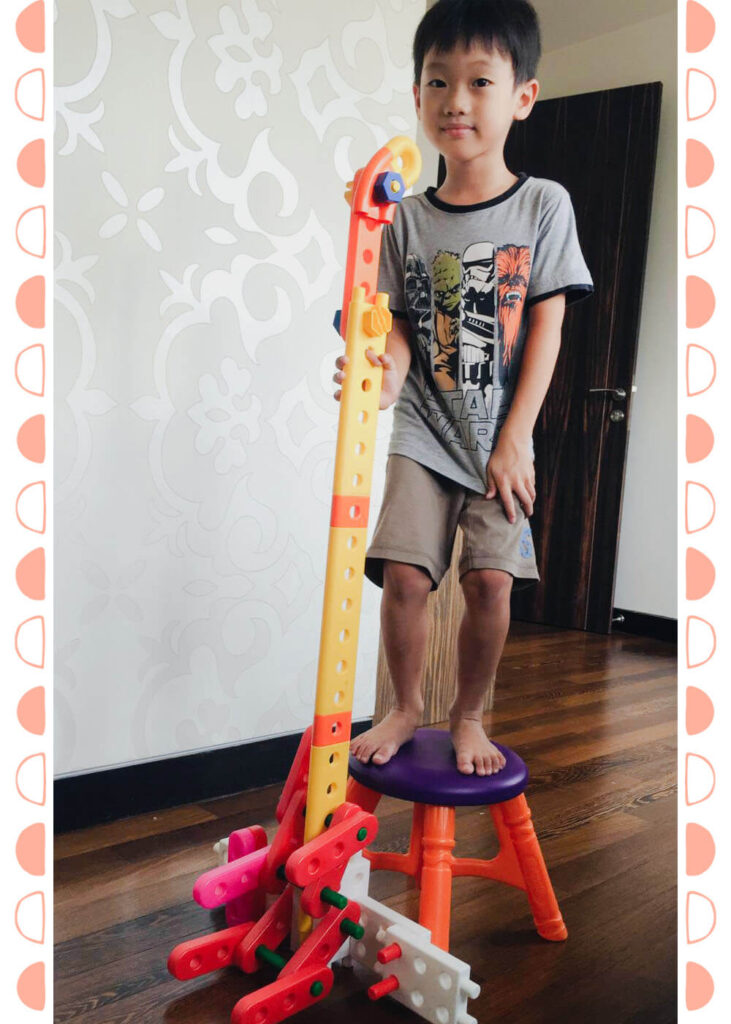
Yet, it wasn’t easy. Caleb exhibited a strong will from a very young age. Getting him to cooperate on the most basic things (like eating and sleeping) was a constant battle. As a young parent, I was often frustrated to tears and felt like a failure. When Caleb started speaking at two years old, he wasted no time in testing my patience further.
“No.”
“If you don’t eat, you won’t grow bigger and stronger.”
“I don’t want to grow bigger and stronger.”
Being a parent through such trying moments made me aware of how our heavenly Father must feel each time I resist His will, even though it’s for my good. I learnt to start each day with new reserves of patience drawn from the Lord, who has been so much more patient with me.
Being a parent through such trying moments made me aware of how our heavenly Father must feel each time I resist His will.
One early parenting episode I remember well was when I was potty training Caleb, aged four. He would cry, “Mummy, help me!” every step of the way. Once, out of sheer exasperation, I exclaimed, “Why can’t you do it yourself? I know you can!”
With wide, tearful eyes, my four-year-old said, “Some children like their mummy to help do things for them when their mummy is around. But when their mummy is not around, they can do it themselves.”
Not long after, I was introduced to a book by family counsellor Dr. Gary Chapman, who identified five main love languages: words of affirmation, acts of service, quality time, receiving gifts, and physical touch. A child might respond best to one love language or more, and these can change over time.
I realised then that my son had a great need for me to love him through doing things for him—in other words, acts of service. The bigger revelation was that he did not have one dominant love language, but four: acts of service, words of affirmation, quality time, and physical touch—and all in equal doses.
It helped me to understand why my son was so “labour-intensive”. But more importantly, I learnt to accept and appreciate how he was fearfully and wonderfully made by God, and to show love to him through all those ways.
Experiencing God’s Love through My Son
As I kept on loving my son with God’s love, I saw how this perseverance bore fruit over time. When Caleb was five, I was diagnosed with early-stage breast cancer. As the cancer was aggressive, my doctor scheduled a mastectomy and reconstruction surgery.
At my husband Ben’s suggestion, we had a small prayer party with family and a few friends, who visited us to pray for my upcoming surgery. My 15-year-old niece tried to pray aloud but stumbled over her words. “I don’t know how to pray!” she blurted out.
Right on cue, my five-year-old piped up: “Just say ‘God loves you’!”
Towards the end of the prayer party, I broke down. No one knew what to say or do, but Caleb ran uninhibited to my side and hugged me. He dabbed at my tears with tissue and patted me on the back reassuringly in a very adult manner. I felt like our roles had been reversed, and I had become the child.
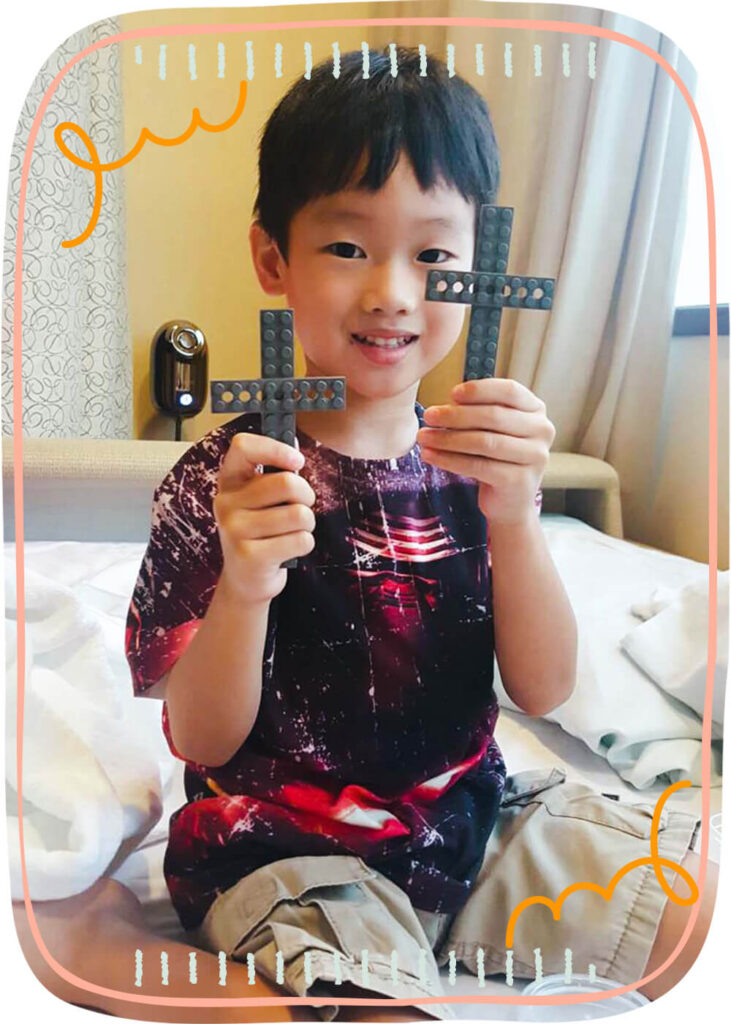
I remained in hospital nine days following my surgery. Caleb spent every afternoon in my ward after kindergarten hours. Ben bought a huge Lego set with over 3,000 pieces to keep him occupied while I rested. When he built me three crosses with his Lego pieces, I knew God had given me a child with the gift of comforting me in my difficult hours.
On my first night home after being discharged, Caleb came to my bedside and said, “Mummy, I will sing you a song.” He burst out in a worship song, “Still”. The next morning, a friend from church sent me a link to the very same song. This coincidence (or more appropriately, God-incidence) comforted me immensely. It happened just before the doctor’s lab report confirmed that I needed chemotherapy, which I dreaded.
All through my treatment period, God used my child to reassure me that I am loved.
Two weeks after my first chemotherapy session, all my hair had dropped. As I read my morning devotional alone in my bedroom, Caleb walked in, looked at my surgeon’s scrub cap, and asked, “Why are you wearing that?”
I explained that I had lost all my hair that morning because of the effects of the chemotherapy medicine.
“I am not afraid,” he said. “No need to wear.”
I removed my head covering.
He looked at me tenderly and said, “I love you, Mummy.”
I stopped worrying about covering up my bald head at home.
All through my treatment period, God used my child to reassure me that I am loved.
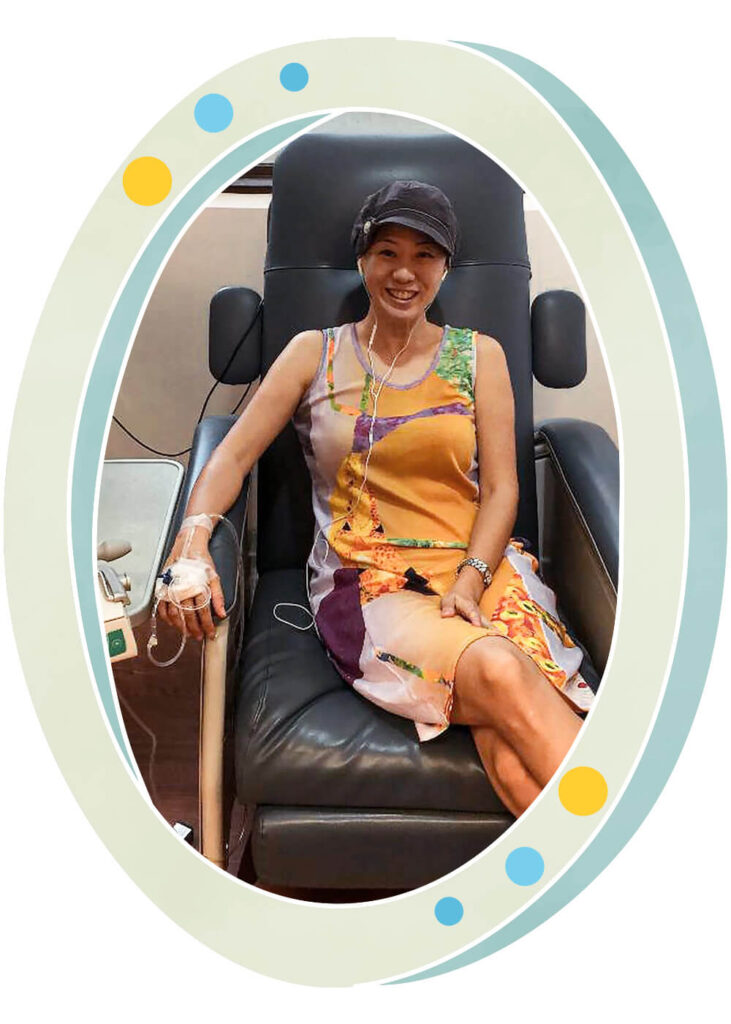
A Covid Hug and a Reminder of Christ’s Sacrifice
This epiphany on love came to mind recently when Caleb, now 11, tested positive for Covid. As my elderly parent lives with us, I isolated Caleb in his bedroom.
He weathered the first three days well, but the isolation got to him. He missed our nightly routine in which I prayed for and chatted with him until he fell asleep. But here I was, sitting outside his bedroom, divided by some invisible safety line keeping us apart.
When I checked in on him on the fourth day, he told me, “I have not been hugged by a living being for four days now. I need to be hugged right now and I mean now.”
I knew then that he sorely needed a top-up on words of affirmation, quality time, physical touch, and acts of service all at once.
I masked up and hugged him. I tested Covid-positive the next day and we isolated together till we tested negative. His emotional and mental well-being was much better for it.
Showing love to my child was well worth the inconvenience and all the lousy symptoms from that “Covid hug”. And I’d gladly have taken on much more. Yet, my small sacrifice cannot compare with God’s immense love and sacrifice for me as His child. Christ took my sin. He crossed the safety line of sin-free heaven into our world of viral sin, and He willingly bore it on His shoulders and paid the price with His life.
My small sacrifice cannot compare with God’s immense love and sacrifice for me as His child.
As I constantly remind Caleb of how much God and I love him, I experience Caleb’s manifold love in return and see him grow in his relationship with God. Looking back on these chapters of losing my voice and left breast, it dawned on me that I emerged gaining so much more—a childlike faith, a greater awareness of my heavenly Father’s voice, and a greater anchoring in my identity as a child of God.
And as I experience His constant love, goodness, and patience, I remind myself that I ought to demonstrate the same to my son all the more—that he too would be deeply rooted in his identity as a child of God.
—1 John 3:1

